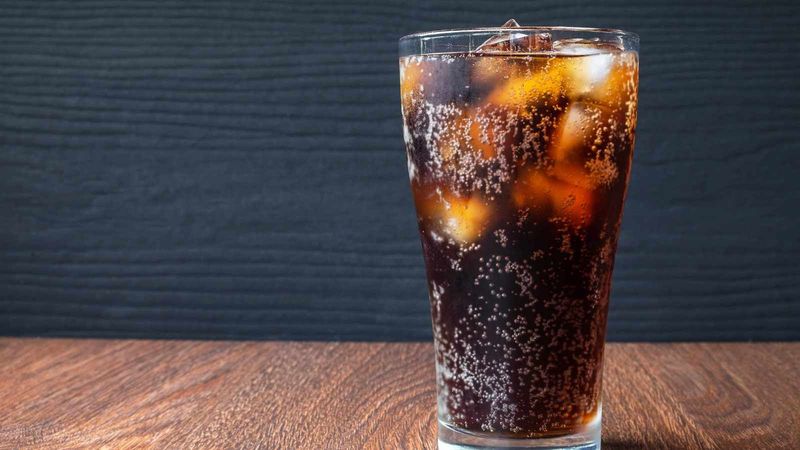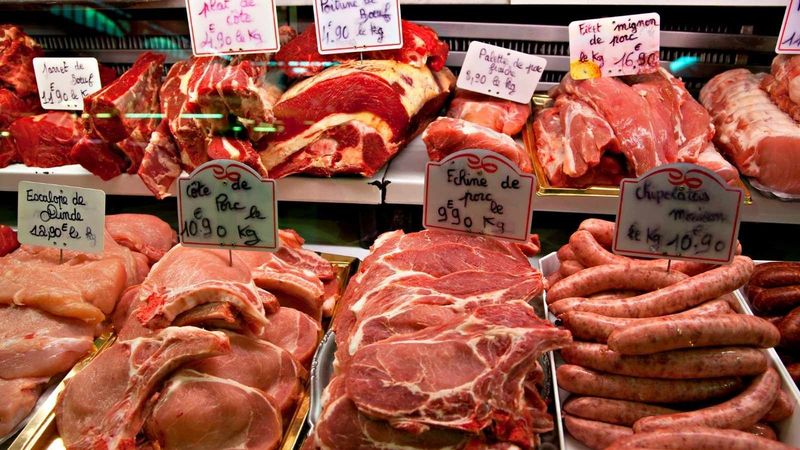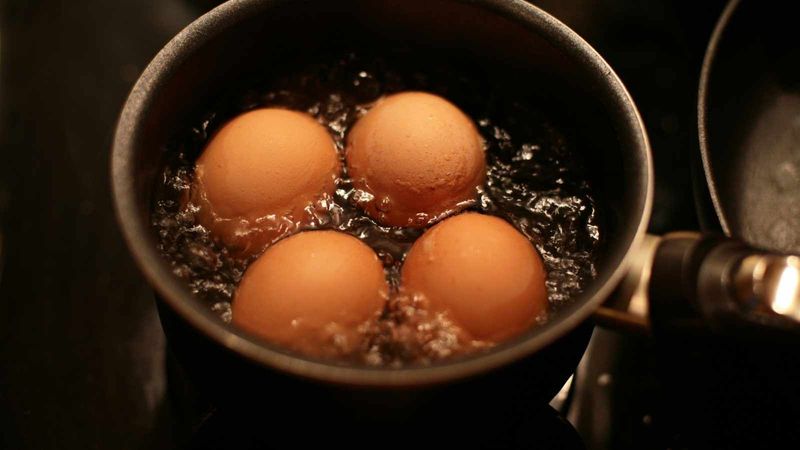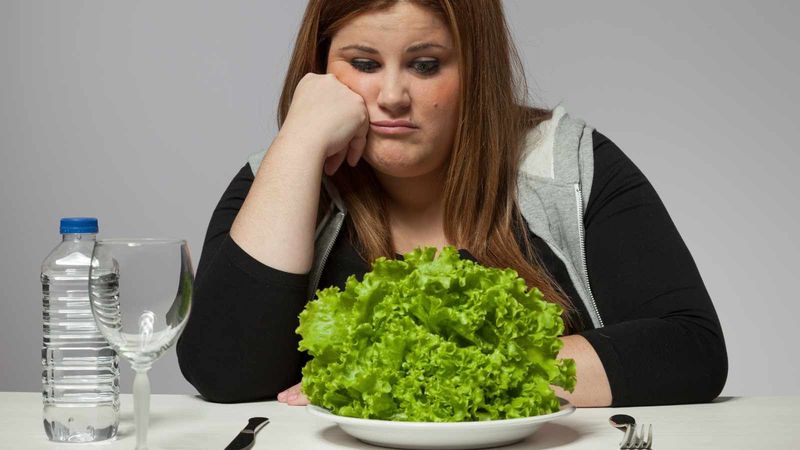10 Foods That Can Increase Your Risk of Osteoporosis
Osteoporosis is a devastating condition marked by weakened bones that significantly elevate the chances of fractures. Excessive consumption of certain foods can deplete bone strength, raising the risk of developing this condition. Here is a list of foods that can heighten the likelihood of osteoporosis and compromise overall bone health.
Excessive Salt Intake

High sodium consumption can lead to the excretion of calcium through urine. This phenomenon, known as hypercalciuria, results in the body losing a significant amount of calcium. Given calcium’s critical role in maintaining bone density and strength, its loss can weaken the bones. Over time, this can contribute to the development of osteoporosis.
Soda

Many soda beverages contain phosphoric acid, which can disrupt the body’s calcium-to-phosphorus ratio, leading to bone calcium deficiency. While the bones and teeth store 99% of the body’s calcium supply, a disproportionate increase in phosphorus can cause the body to pull calcium from these sources to restore balance.
High Alcohol Consumption

High alcohol intake, especially when consumed over a long duration, can increase the rate of bone resorption while decreasing the rate of bone formation, leading to net bone loss. Over time, this can decrease bone density, making the bones weaker and more prone to fractures, a characteristic sign of osteoporosis.
Too Much Vitamin A

Excessive Vitamin A intake can hinder the activity of osteoblasts, the cells responsible for bone formation. Simultaneously, it can stimulate osteoclasts, the cells responsible for bone resorption or breakdown. This imbalance in bone remodeling processes can lead to gradual bone loss, reducing bone density and making them fragile.
Red Meat

Frequent consumption of red meat can negatively impact bone health due to its high levels of purines and organic compounds that can lead to an increase in the production of uric acid. High uric acid levels in the body can interfere with calcium absorption, essential for maintaining bone density and strength.
High Oxalate Foods

Foods high in oxalates, like spinach, rhubarb, and beetroot, can contribute to osteoporosis development. Oxalates are organic compounds that bind with calcium in the body to form calcium oxalate, an insoluble compound that the body cannot absorb. Instead, this compound is excreted through the urine, leading to calcium loss from the body.
Excess Vitamin C

Excessive intake of Vitamin C may contribute to osteoporosis through a two-step process. First, high levels of Vitamin C can cause the body to excrete more calcium in the urine, reducing the overall calcium levels. Second, an overdose of Vitamin C may interfere with the bone’s ability to form collagen. This essential protein gives bones elasticity and toughness.
High Protein Diets

High protein diets, particularly those rich in animal protein, can affect bone health. Protein metabolism in the body produces sulfates, which must be neutralized. The body pulls alkaline reserves, like calcium, from the bones to neutralize these sulfates, causing calcium loss and decreasing bone density and strength.
Inadequate Dairy Consumption

Dairy products are a primary source of calcium. The body may extract calcium from the bones when dairy consumption is insufficient. This extraction weakens the skeletal system over time, reducing bone density. As a result, the bones become more susceptible to fractures and other damage, leading to osteoporosis.
Fad Diets and Extreme Caloric Restriction

Fad diets often emphasize rapid weight loss through severely restricted food intake or extreme diet rules. These diets can deprive the body of essential nutrients, including calcium, vitamin D, and other bone-friendly nutrients. Without these nutrients, bones cannot regenerate and maintain their strength, leading to a loss of bone density over time.
